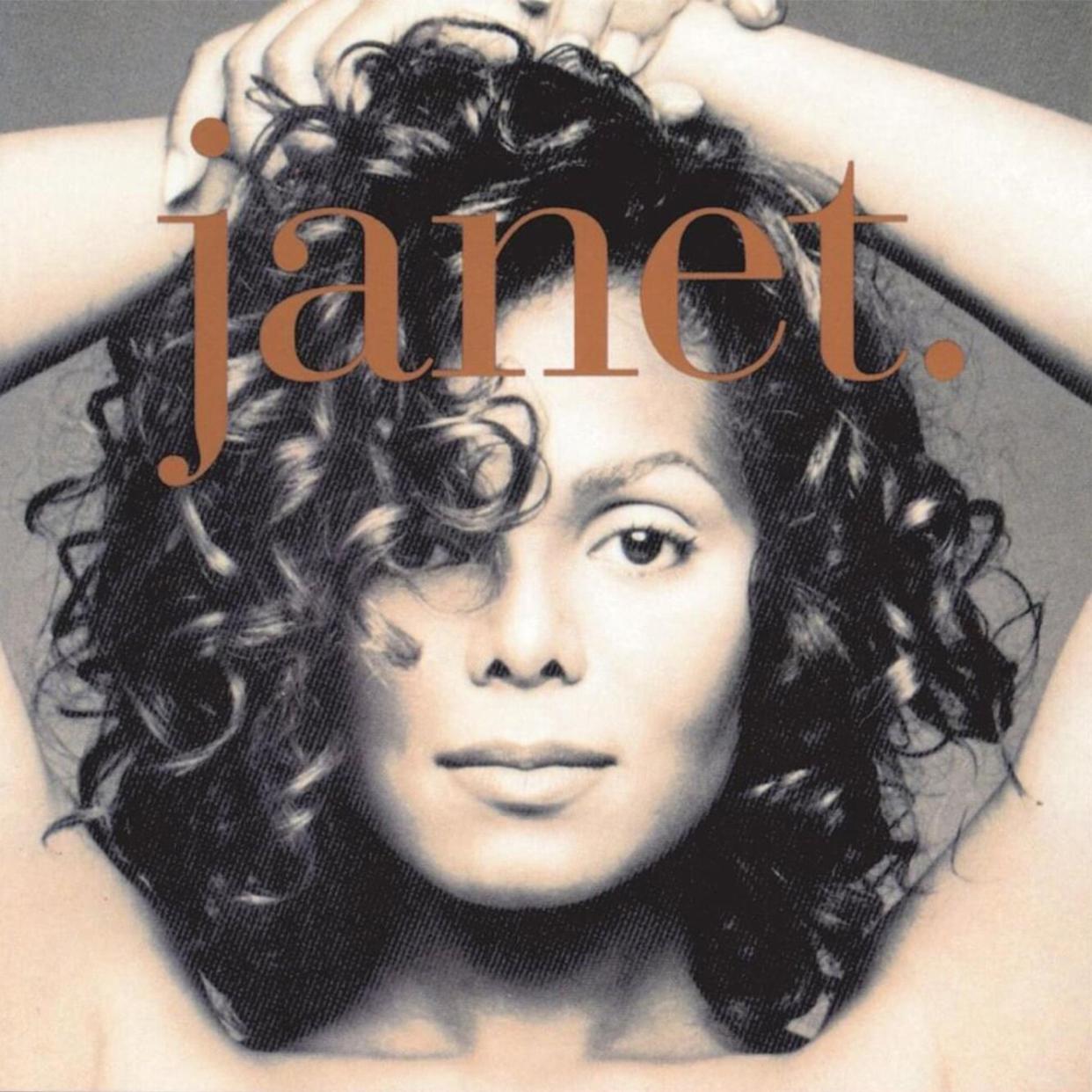30 years ago Janet Jackson's Janet album reinvented the modern pop diva

On May 18, 1993, Janet Damita Jo Jackson released her fifth studio album, Janet., as in "Janet, period."
It was a conscious separation from her famous family name, which had been cited as the reason for the blockbuster success with 1986's Control and 1989's Rhythm Nation 1814. Never mind that only two of the 10 Jackson kids were bona fide superstars, despite LaToya's best efforts.

Virgin Records 'janet.' by Janet Jackson
But the then-27-old singer had something to prove — and prove it she did. Her first album for Virgin Records under a record-breaking $40 million contract, Janet firmly brought Ms. Jackson, who was embracing her own nasty, into the '90s, establishing her as a sex symbol and a grown-ass woman, and setting the template for every pop diva that followed in her wake.
For better and for worse.
While not as groundbreaking as her two previous albums, Janet was the musical equivalent of a summer blockbuster. Big, bloated, and engineered to please. And it was one of the albums of a jam-packed '93 summer, spawning hit after hit for literally years to come. The final singles, a double A-side of "Whoops Now" and "What'll I Do," were released internationally in 1995.
Boasting 28 tracks and running over 75 minutes, Janet was a monster of an album, featuring an eclectic range of styles from rap to opera to house to rock to some of the smoothest R&B ever laid down.
Though the album is a bit self-indulgent, with a few misses for all the hits, its ambition and scope were part of Jackson's manifesto. To get out from under the shadow of longtime collaborators Jimmy Jam and Terry Lewis, Jackson took a larger role in the writing and production of the music. And she also took the opportunity to fully explore her sexuality as said grown-ass woman, on her own terms.
The album cover was taken from an iconic Rolling Stone shoot, in which Jackson appeared topless save for the hands of her (secret) then-husband and collaborator René Elizondo cupping her breasts. Jackson had primarily been known for covering up her body — an almost staid conservatism — but that era was done and a new one had begun.
The Janet era was sexy, empowering, it was fun, and kids — we were dancing. The video for the album's second single "If" (which has criminally not been remastered in this, the year of Our Lord Janet, 2023), features, hands-down, the greatest dance break of all time, choreographed to the furious violin strings sampled from Diana Ross and the Supremes' "Someday We'll Be Together."
But it was the album's lead single, the mid-tempo "That's the Way Love Goes," that would become the defining song and sound of this era. And, holding the No. 1 spot for eight consecutive weeks, it also became the biggest single of Jackson's career.
The album's six U.S. singles all peaked within the top 10 on the Billboard Hot 100, a feat only matched by six other albums, including Jackson's own Rhythm Nation. The third single, "Again," written by Jackson, Jam, and Lewis for Jackson's film debut in Poetic Justice opposite Tupac Shakur, earned a Best Original Song nomination.
That kind of run is the stuff icons are made of.
Certified seven times platinum in the U.S., with sales of 14 million worldwide, Janet is Jackson's best-selling album ever. It's not her best — that's arguably Rhythm Nation or 1997's The Velvet Rope — but it is the best example of a pop diva becoming a pop diva.
By attempting, and mostly succeeding, in appealing to as wide an audience as possible while delivering a coherent message and a definitive image — those honey-brown curly locks are a vibe in and of themselves — Jackson was able to drop her last name and become that rare mononymous superstar, as Britney, Christina, Beyoncé (and countless others) would do after her.
Period.
Related content:

 Yahoo News
Yahoo News 
